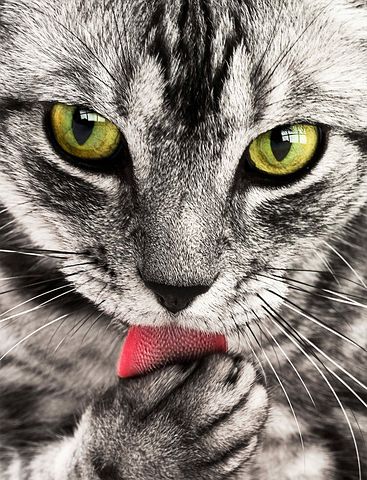As loving pet owners, we all wish for our furry friends to live long, happy, and healthy lives. An integral part of ensuring their well-being lies in routine veterinary check-ups. Regular exams are not merely a formality; they are a proactive step towards early detection of diseases and maintaining your pet’s health at its peak.
Often, pets are experts at masking their symptoms, so these exams can be life-saving, revealing hidden ailments before they become serious.
Pet Routine Exams
Every pet requires regular vet visits, and these visits often include a cat check up. This is your opportunity to discuss any concerns about your feline friend with a professional, ensuring they get a thorough evaluation. During a check-up, vets often scrutinize areas that cat owners might overlook, such as the condition of teeth and gums or subtle signs of stress and discomfort.
Furthermore, the vet can also guide you on the best practices in cat care, from diet to environmental enrichment, ensuring your kitty not only survives but thrives.
The Role of Pet Routine Exams in Detecting Illness
Comprehensive Observation
During a routine examination, veterinarians apply their trained eyes and hands to assess your pet’s health meticulously. The comprehensive physical examination covers everything from your pet’s fur, skin, eyes, ears, and mouth to internal systems like the heart, lungs, and abdominal organs. Here are how some subtle findings can signal underlying
-
Weight Changes: Sudden weight loss or gain can indicate hormonal imbalances, metabolic diseases, or even cancer.
-
Dental Health: Bad breath or diseased gums can lead to systemic infections and other health issues.
-
Abdominal Palpation: This can reveal unexplained masses or organ enlargements.
-
Heart and Lung Auscultation: Early detection of heart murmurs or abnormal lung sounds can be a lifesaver.
These are just snapshots of what veterinarians look out for. The goal is to catch health concerns in their infancy when they are most treatable.
Screening Tests
Part of routine pet exams often involve screening tests. While your pet may appear perfectly healthy on the outside, blood tests, urinalysis, fecal exams, and sometimes x-rays are crucial in detecting invisible threats like:
-
Parasites
-
Infectious diseases
-
Organ function abnormalities
These tests provide vital data about your pet’s internal health, allowing vets to diagnose conditions that may not be visible through a physical exam alone.
Preventive Care
Preventive care is an essential component of routine check-ups. Vaccinations, parasite control, and dietary consultations fall under this umbrella. By keeping up with a vaccination schedule, you protect your pet from common, potentially deadly diseases. Likewise, regular deworming and flea/tick prevention are necessary to ward off parasites that can compromise your pet’s health.
Behavioral Insights
A pet’s behavior can provide significant clues about their health. During routine exams, vets inquire about any changes in your pet’s behavior, which can sometimes signal pain, illness, or cognitive dysfunction. Detecting these changes early on can guide the vet to dig deeper into what might be causing such shifts, ensuring that your pet gets the help it needs swiftly.
Other Essential Veterinary Services
Pet Surgery Services
While routine exams are geared towards preventing illness, sometimes surgery is inevitable. Modern pet surgery services, such as those available with veterinary surgery in Valley Cottage, NY, include a broad range of procedures, from spaying and neutering to more complex operations like tumor removals or orthopedic surgeries.
Through advancements in veterinary medicine, such surgeries are safer and more effective than ever, contributing significantly to your pets’ health outcomes when preventive measures and medications are not enough.
Emergency Vet Care
Even with the best preventive care, emergencies can happen. Immediate intervention during these critical moments can be life-saving. It’s essential to learn more about how emergency vet care functions, as it can prepare you to act swiftly and appropriately when every second counts.
A good emergency vet clinic will provide urgent medical attention day or night and is equipped to handle a wide range of crises. Knowing how to recognize a genuine pet emergency and where to seek help can make all the difference in these frightening scenarios.
Beyond the Check-up
While annual exams are integral, as pet owners, we must create a culture of care that extends beyond the vet’s office. Regular monitoring of your pet’s habits, appetite, and even their bathroom routines at home can provide insight into their health.
Keep a record of any irregularities, and don’t hesitate to schedule additional vet visits if you notice anything amiss. The collaboration between vigilant pet parents and seasoned veterinarians is the cornerstone of effective pet healthcare.
Final Thoughts
Ultimately, we are our pets’ advocates and protectors. By committing to routine exams, staying observant at home, and understanding the depth of care available, from routine exams to emergency interventions, we fortify that unbreakable bond with our pets.
We ensure that they are not just surviving but thriving under our guardianship. So, let’s make those vet appointments with a clear purpose and embrace our role in their well-being; our beloved pets deserve nothing less.






